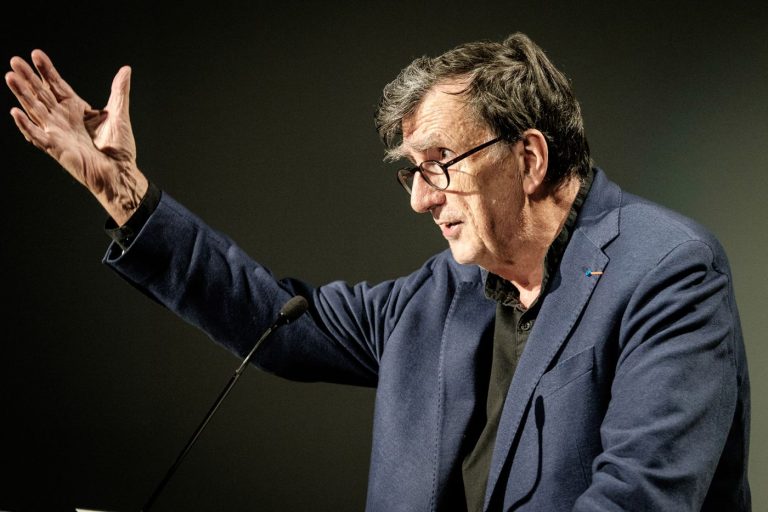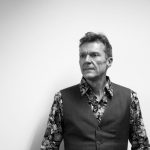Date of Birth: June 22, 1947
Zodiac Sign: Cancer
Date of Death: October 9, 2022
Biography
Bruno Latour was a renowned French sociologist, anthropologist, and philosopher, most noted for his work in the field of science and technology studies (STS). Born in Beaune, Burgundy, France, Latour’s academic journey began with a degree in philosophy, which he obtained from the University of Dijon. He later pursued a doctorate in anthropology. Much of Latour’s career was dedicated to examining the social construction of scientific knowledge and the intricate relationships between humans and non-humans in the production of scientific facts. Latour’s most influential work, “La Vie de Laboratoire” (co-authored with Steve Woolgar), translated as “Laboratory Life,” was a groundbreaking ethnographic study of scientists at work. This work laid the foundation for Actor-Network Theory (ANT), a framework that explores the interconnectedness of actors, both human and non-human, in the creation and maintenance of societal and scientific networks. Throughout his career, Latour held various academic positions, including a professorship at the École des Mines de Paris and Sciences Po Paris. He was also involved in several interdisciplinary research projects and was a prolific writer, publishing numerous books and articles that have been translated into multiple languages. Latour’s work has had a significant impact on various fields, including sociology, anthropology, environmental studies, and philosophy. His ideas have sparked debates and inspired further research on the nature of scientific practice, the role of technology in society, and the interconnectedness of various actors in shaping our world.
5 Interesting Facts about Bruno Latour
1. Bruno Latour is best known for developing the Actor-Network Theory (ANT), which provides a framework for understanding the complex interactions between humans and non-humans in the creation of scientific knowledge.
2. He was awarded the Holberg Prize in 2013, one of the most prestigious awards in the fields of humanities and social sciences.
3. Latour’s work extended beyond academia; he was involved in various artistic and ecological projects, including the “Reset Modernity!” exhibition at the ZKM Center for Art and Media Karlsruhe.
4. He was a professor at the prestigious Sciences Po Paris, where he also served as the Vice President of Research.
5. Latour’s book “An Inquiry into Modes of Existence” explores the different ways in which various domains of society (law, politics, science, etc.) produce their own versions of truth.
5 Most Interesting Quotes from Bruno Latour
1. “We have never been modern.”
2. “Technology is society made durable.”
3. “The public is not a passive receptacle into which opinions are poured.”
4. “There are no facts separate from the networks that produce and validate them.”
5. “The more we trace the connections, the more we realize that nothing is self-contained or self-sufficient.”
Highest Net Worth Achieved
Bruno Latour’s highest net worth was not widely publicized, but his significant contributions to academia, book sales, and awards suggest he was a well-compensated and respected scholar.
Children
Bruno Latour had three children. He was known to be a family man who valued the time spent with his family, balancing his professional and personal life with great care.
Relevant Links
2. [Sciences Po Paris Profile](https://www.sciencespo.fr/en/faculty/bruno-latour
3. [Actor-Network Theory Overview](https://plato.stanford.edu/entries/actor-network-theory/
4. [Reset Modernity! Exhibition](https://zkm.de/en/reset-modernity
5. [An Inquiry into Modes of Existence](https://www.hup.harvard.edu/catalog.php?isbn=9780674724990


